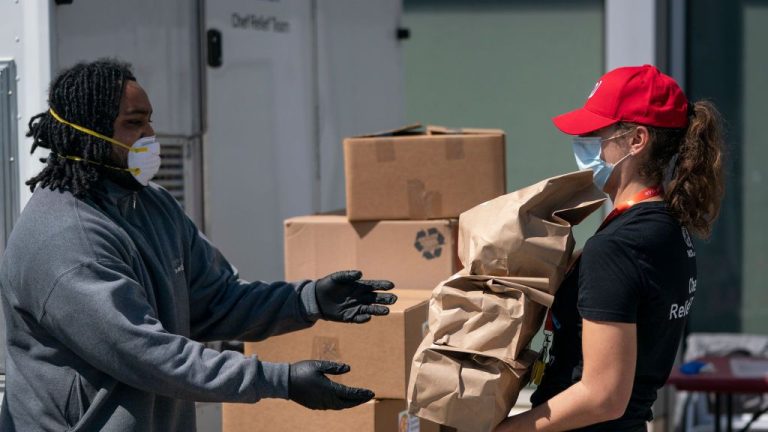A lot of us have had a tough year this year. Fundraising results have dropped from their pandemic highs. Inflation was hitting many donors. Two big wars have pulled donors away from giving as much to some causes.
Giving is down for many organization. Badly down for some. If that’s you, do your donors know? They could help you in a big way. But a lot of organizations conceal their troubles from donors, under the belief that “donors would rather give to success than to failure” or something similar. That’s mostly a myth.
If your organization is facing a financial crisis, tell your donors. Ask them to help. They’ll give. More of them will give. They’ll give higher amounts than usual. And they’ll feel great – about giving and about you!
If you try to look like a muscle-bound superhero at all times, including when things are difficult and scary, you are missing the point. Donors want to make a difference. They will not lose their respect for you if you show vulnerability. In fact, they will more likely love you more.
The only “donors” you should be worried about might be board members, who are sometimes embarrassed by fundraising that shows vulnerability. Like all humans, board members have an exaggerated sense of how much people are paying attention to anything connected to them. They’re afraid their peers will see the vulnerable fundraising and immediately come to the conclusion that they (your board members) are lousy at their board jobs.
I don’t know if this ever happens. I doubt it, though. Just two caveats about “we’re facing hard times” fundraising:
- It must be true. Always. The fact that it’s effective is secondary to that. I’ve worked with a number of organizations whose strongest-ever campaigns were financial emergencies. They haven’t had an emergency since then, so they can’t use that topic, no matter how tempted they are.
- The “boy who cried wolf” phenomenon. I bring this up because in theory, if you have an emergency year after year, you could lose credibility. I don’t know if this would really happen, and I suspect it would take donors a lot longer to start thinking that than you might fear. But it could be a danger.
But if you’re in trouble, your donors want to help!







